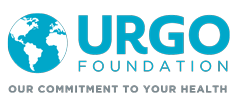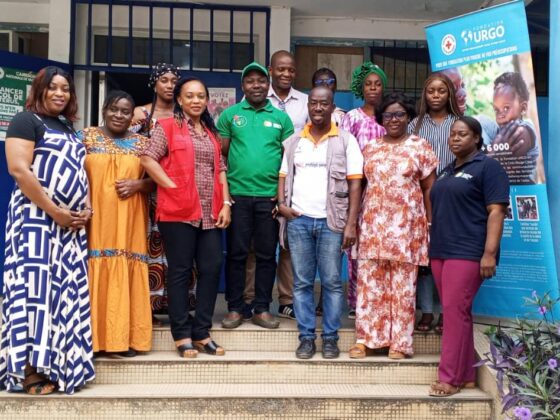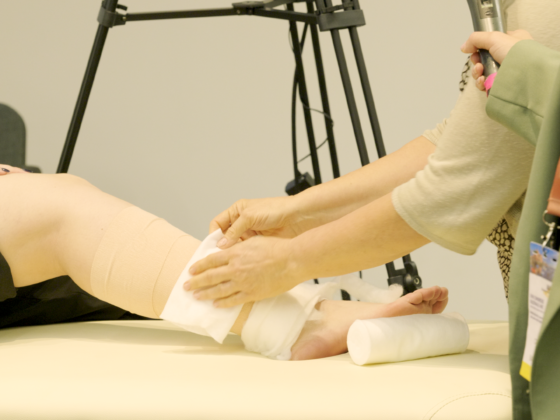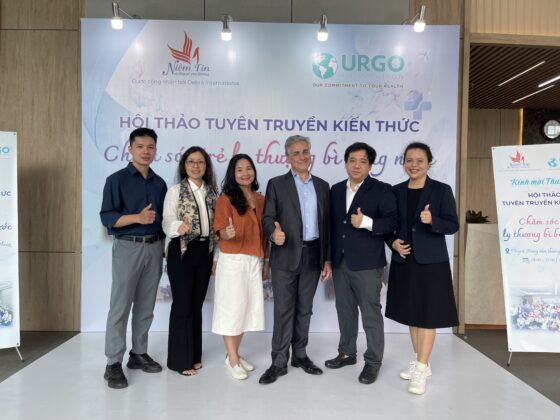On October 11, the URGO Foundation met with 70 healthcare professionals in Martinique who are involved in wound care. The aim was to provide healthcare professionals of the island with practical tools to improve the treatment of venous insufficiency.
For this first initiative in the DROM-COM (Overseas Departments and Regions, and Overseas Collectivities), it partnered with local actors to support and promote their actions in the field.
Local challenges to overcome
“Heavy legs syndrome” knows no borders…
Social indicators reveal a high prevalence of obesity and its comorbidities in the region: more than half of adults (58.8%) are overweight, with 27.7% suffering from obesity. Furthermore, by 2030, Martinique is expected to become the fifth oldest region in France, with more than one in three people aged 60 or over [1].
All these factors contribute to the development of venous ulcers.
Patients in Martinique deserve attention and appropriate care.
Training for better care
Thanks to the participation of experts, the day was organized around four practical and interactive workshops covering all aspects of venous leg ulcer care:
- Pathophysiology of chronic venous insufficiency, with Dr. Nathalie DUPONT LENGLIN, vascular physician;
- Diagnostic assistance, presented by Dr. Clarisse CHOQUENET, vascular physician;
- Practical application of compression bandages, according to HAS recommendations, by specialist nurse Gaëlle PATTEY;
- Healthy lifestyle, with advice from Victor DELAFOSSE, Adapted Physical Activity instructor in Fort-de-France
This collaborative course enabled nurses, general practitioners, vascular specialists, and others to strengthen their skills and adopt best practices that increase healing and patient well-being.
The diversity of professions represented also promoted interdisciplinary dialogue, which is essential for improving patient care.

Equipping healthcare professionals for long-lasting action
The participants, keen to continue their professional development, left with enhanced knowledge and improved technical skills. They were also given a diagnostic guide to assist them in their daily practice.
In addition, the URGO Foundation presented a check for €1,000 to the Association of Vascular Doctors of the Antilles (ARMV-Antilles). This donation will enable the purchase of two pocket Doppler ultrasound devices. This valuable tool will facilitate early diagnosis in daily practice, as well as the dissemination of best practices through the continued training of healthcare professionals.
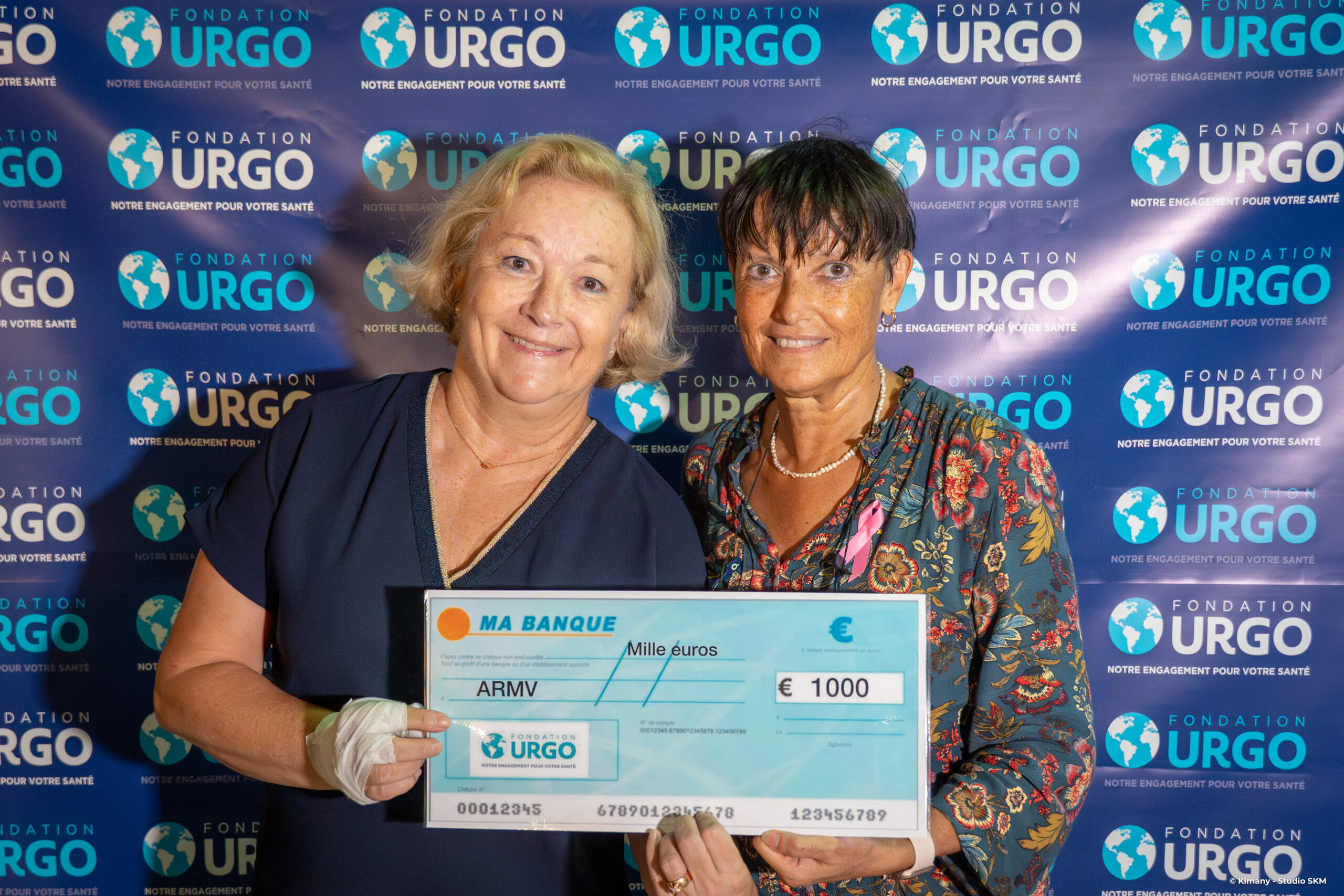
A major public health issue
Venous insufficiency occurs when blood struggles to flow from the legs back to the heart. It often begins with a feeling of heavy legs, followed by pain, and then progresses to the appearance of varicose veins. Without proper treatment, it can cause oedema or venous ulcers, which are wounds that take a long time and are costly to heal.
In France, this condition affects nearly one in two women and one in four men, but it remains largely unknown and underestimated.
The French National Authority for Health (HAS) recommends treatment that includes early diagnosis, appropriate compression, and patient education.
Wearing compression bandage can be difficult to tolerate, especially in hot weather. Prevention, early diagnosis, and optimal treatment of venous ulcers are essential to promote rapid healing and ensure a better quality of life for patients.
The URGO Foundation is committed to supporting healthcare professionals in this mission, taking into account local specificities.
[1] Pacte de lutte contre les déserts médicaux : 151 zones prioritaires identifiées pour la mise en œuvre de la mission de solidarité obligatoire des médecins libéraux Pacte de lutte contre les déserts médicaux : 151 zones prioritaires identifiées pour la mise en œuvre de la mission de solidarité obligatoire des médecins libéraux – Ministère de la Santé, de la Famille, de l’Autonomie et des Personnes handicapées
ARMV-Antilles – The Association of Vascular Doctors of the Antilles
The ARMV-Antilles brings together doctors specializing in arterial, venous, and lymphatic diseases. Its mission is to promote vascular medicine in the region, encourage continuing education for its members, and ensure quality care for patients suffering from vascular diseases.
It also encourages fundamental and applied research by promoting scientific exchanges with French-, English-, and Spanish-speaking countries in the Caribbean.
